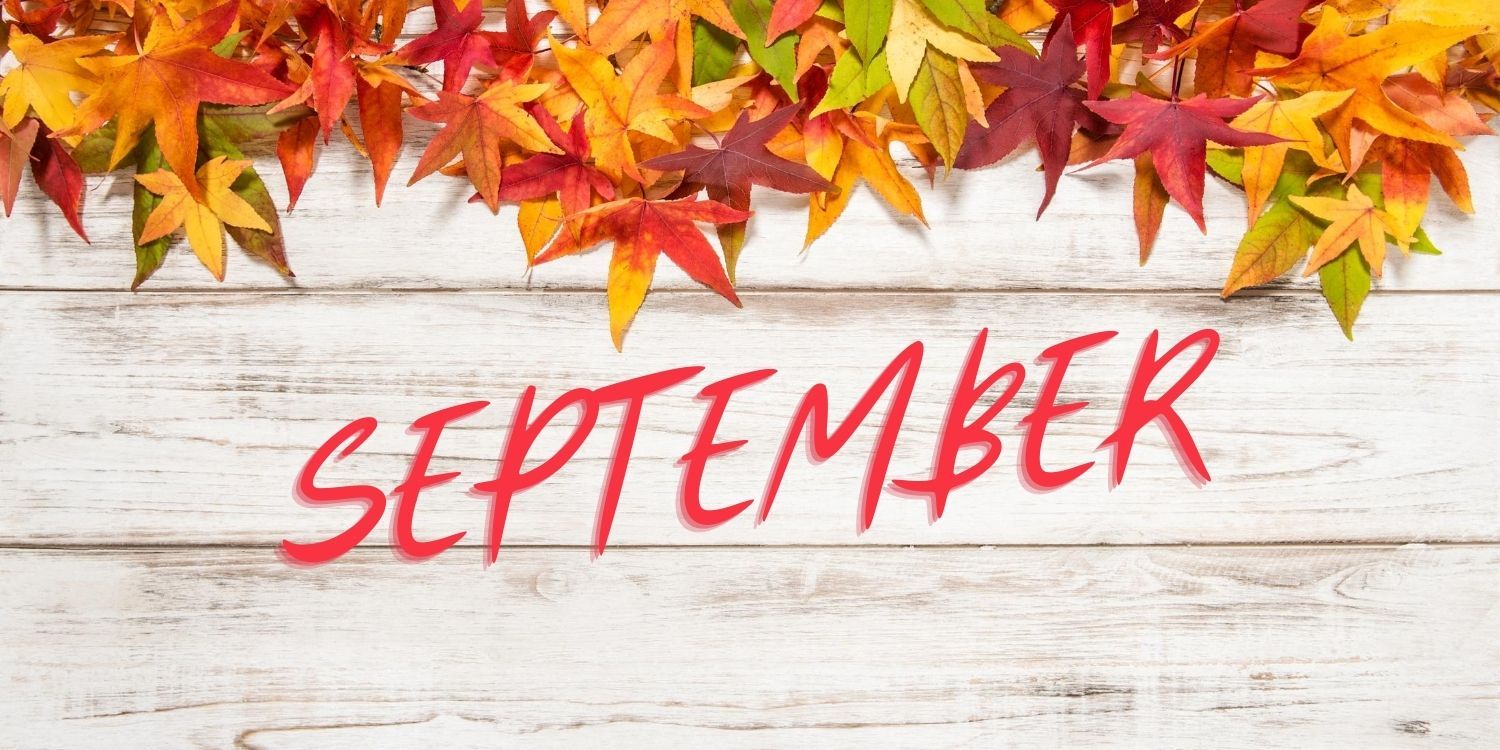Unraveling The Mystery: The September 27, 2006 Volleyball Incident
Have you ever stumbled upon an internet mystery that just won't let go? A story that seems to float around, yet its details remain hazy, almost like a whisper in the digital wind? Well, that is how many people feel about the September 27, 2006 volleyball incident. It's a tale that has captivated online communities, finding its place on those intriguing "conspiracy iceberg" videos and lists. For a long time, there was a lot of talk, but not much clear information about what actually happened, or even if it happened at all, which is rather interesting to think about.
This particular story, you know, gained a lot of attention because of its inclusion on various internet mystery compilations. People were really curious, asking if it was a real event or just another example of the Mandela Effect, where many folks remember something that never quite occurred. The narrative suggests a very tragic school shooting, supposedly taking place during a high school volleyball game. So, it's quite a heavy topic, and a lot of questions have surrounded this whole internet mystery for a while.
Today, we're going to pull back the curtain on this widely discussed, yet often misunderstood, event. We'll explore the claims, the scarce evidence, and the surprising truth behind the so-called 2006 volleyball incident. It's a fascinating look at how stories can spread online, and how, in some respects, facts can sometimes get tangled up with speculation. We will, you know, try to make sense of it all.
Table of Contents
- The Origin of a Digital Tale
- The Search for Evidence
- The Platte Canyon Connection
- Debunking the Myth
- Why Do These Stories Stick?
- Frequently Asked Questions
The Origin of a Digital Tale
The "2006 volleyball incident" refers to a rather disturbing conspiracy theory. It speaks of an alleged school shooting that, you know, supposedly happened during a high school volleyball match. This story suggests a significant loss of life, with claims ranging from 17 to 24 people being killed. It's a very serious claim, and it was said to have been heard around the world, which is quite a statement.
The tale's rise in popularity is largely tied to its appearance on the "conspiracy iceberg." These are, you know, those visual representations of internet mysteries, where the most well-known stories are at the top, and the deeper, stranger ones are submerged. When a mystery makes it onto one of these, it tends to get a lot more eyes on it, and people start searching for answers, which is exactly what happened here, apparently.
Many people who first heard about it wondered if it was, perhaps, a case of the Mandela Effect. That's where a large group of people remember something differently than how it actually happened, or remember something that never happened at all. It's a curious phenomenon, and this incident, you know, really made people question their memories and what they thought they knew about past events.
The Search for Evidence
For a long time, actual proof of the alleged 2006 volleyball incident remained quite hard to find. It was like trying to catch smoke, you know? People talked about it, but concrete images or official reports were scarce. This lack of clear evidence only fueled the mystery, making it even more intriguing for those who enjoy exploring internet puzzles, which is something that tends to happen with these sorts of things.
Then, images that were supposedly from the event started to appear online. These images were presented as evidence, and their release, you know, really stirred up the online communities that were discussing this. Before that, most of the talk was just that – talk. The arrival of these pictures, though, made some people believe the incident might have been real after all, which is a common reaction when visual proof emerges.
However, the nature of internet evidence can be tricky. Just because an image exists doesn't mean it's authentic or connected to the specific event it claims to depict. This is a very important point when you're looking into these kinds of stories. It’s a good reminder that, you know, what you see online might not always be the full picture, or even an accurate one, for that matter.
The Platte Canyon Connection
Here's where the story takes a very interesting turn. If you do a simple search for "2006 volleyball incident" without putting it in quotes, the very first result you'll likely find, as of April 2023, is a Wikipedia article about the Platte Canyon High School hostage crisis. This is a real, tragic event that occurred on September 27, 2006, in Bailey, Colorado, which is quite a coincidence with the date, isn't it?
The Platte Canyon incident involved a gunman who took six girls hostage at the school. This was a harrowing situation that captured national attention. News reports from that day, like those from Reuters.uk and BBC News Online, clearly state that on September 27, 2006, a gunman held hostages in a US high school. This is a documented tragedy, and investigators were on the scene, as AP photos show, you know, walking down a path outside the school.
The connection between the alleged "volleyball incident" and the Platte Canyon crisis is, in fact, the key to understanding this internet mystery. It seems the conspiracy theory, in some respects, might have grown out of a misunderstanding or a misremembering of this very real, very sad event. The dates align perfectly, and the nature of a school incident could easily be twisted or exaggerated over time, you know, as stories tend to do.
Debunking the Myth
Many online creators and researchers have since, you know, looked deeply into the "2006 volleyball incident" and have shared their findings. Several videos and articles have come out, discussing the truth behind this internet mystery. They explain that what people are often remembering, or what the conspiracy theory refers to, is actually the Platte Canyon High School hostage crisis, which did not involve a volleyball game or a mass shooting during one, apparently.
One video, for instance, specifically discusses the debunking of the 2006 volleyball incident, making it clear that the tragedy, as it was widely described in the conspiracy theory, never actually occurred. The creators of these debunking videos often share their reasons for digging into it, noting that the topic has appeared on various conspiracy and internet mystery icebergs, making it a popular subject for investigation, which is, you know, a good thing for clarity.
The information provided by official sources about the Platte Canyon incident, like the preliminary reports released by Park County and the CBI, also helps to clarify the situation. While the full report was held back for certain reasons, the initial details confirm a hostage situation, not a mass shooting during a volleyball game. So, you know, the actual facts paint a different picture from the internet rumor.
Why Do These Stories Stick?
It's quite fascinating how a story like the "2006 volleyball incident" can gain such traction and persist online, even when facts suggest otherwise. A strange shroud of mystery, you know, surrounds these kinds of conspiracy theories. When people talk about the '2006 volleyball incident,' you often get many different, conflicting stories, which only adds to the confusion and makes it harder to pin down the truth.
Part of it might be the way our brains work, you know, trying to make sense of incomplete information. When a story is vague and dramatic, it leaves room for imagination and speculation. The internet, too, with its vast network of information and misinformation, allows these tales to spread rapidly, sometimes without much critical examination. It's a bit like a game of telephone, where the original message gets altered with each retelling, you know, just a little bit.
The human desire for a good story, and perhaps a touch of skepticism towards official narratives, also plays a role. People are naturally curious about the unknown, and a "tragedy that never occurred" can be just as compelling as one that did. It’s a powerful testament to the allure of internet mysteries and how, in some respects, they can become a part of our collective digital folklore. You can learn more about internet mysteries on our site, which is, you know, pretty interesting.
Frequently Asked Questions
What is the September 27, 2006 volleyball incident?
The September 27, 2006 volleyball incident refers to an internet conspiracy theory about an alleged school shooting that supposedly happened during a high school volleyball game. This theory suggests a significant number of people were killed, but it is, you know, widely considered to be a myth or a misunderstanding of a real event.
Did the 2006 volleyball incident actually happen?
No, the "2006 volleyball incident" as described in the conspiracy theory, meaning a mass shooting during a volleyball game, did not actually happen. The date September 27, 2006, is actually connected to the Platte Canyon High School hostage crisis in Colorado, which was a real, tragic event but very different from the alleged volleyball incident. So, you know, it's a case of mistaken identity, in a way.
What is the connection to the Platte Canyon High School hostage crisis?
The "2006 volleyball incident" conspiracy theory is largely believed to be a distorted version of the actual Platte Canyon High School hostage crisis, which occurred on September 27, 2006. While the Platte Canyon incident involved a gunman taking hostages, it was not a mass shooting during a volleyball game. The shared date is, you know, a key reason for the confusion, and it’s basically the real event that the internet mystery seems to stem from. You can also read more about the Platte Canyon High School incident here.
The story of the "September 27, 2006 volleyball incident" is a fascinating example of how internet mysteries can evolve. It reminds us to approach online information with a thoughtful, questioning mind, and to always seek out reliable sources. If you have memories or insights about internet mysteries, or perhaps even this one, we'd really like to hear your thoughts. Sharing what you know can help piece together these intriguing puzzles for everyone, you know, which is pretty cool.

20 Interesting Facts About September - The Fact Site

September

September